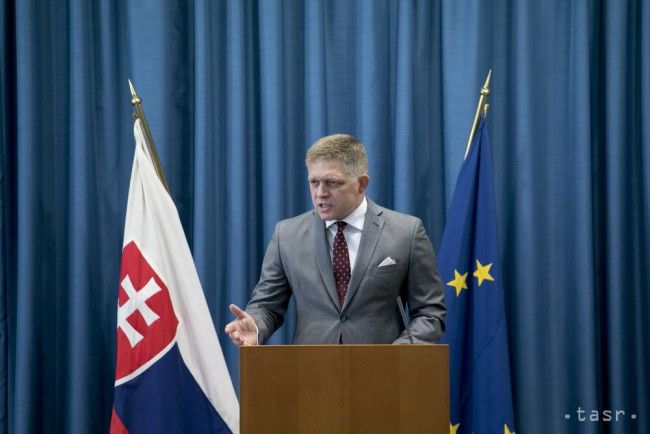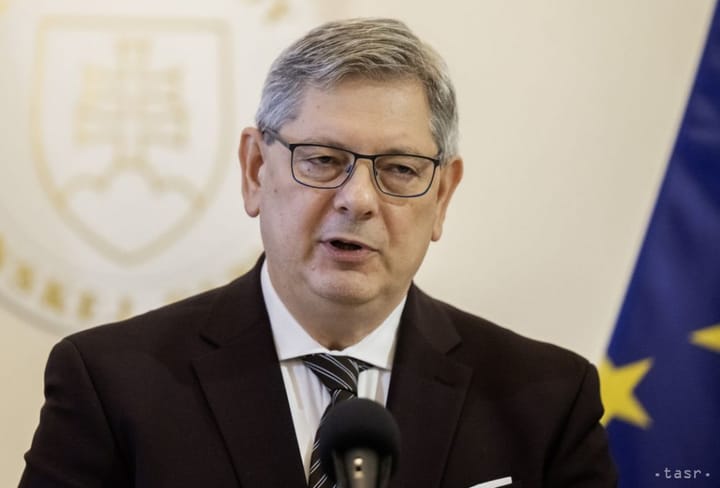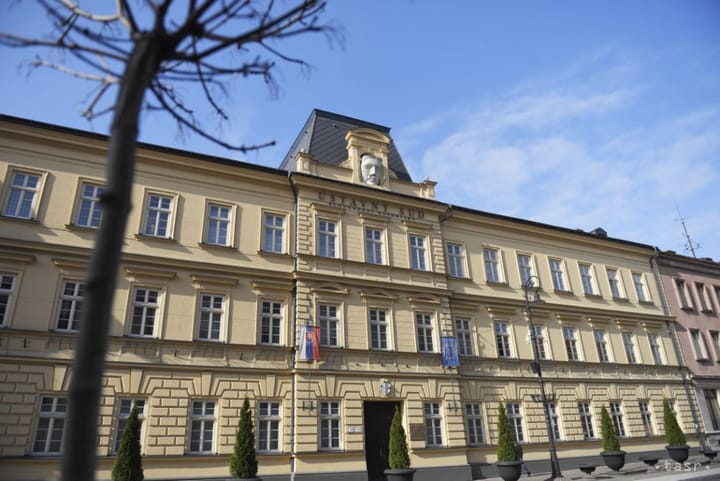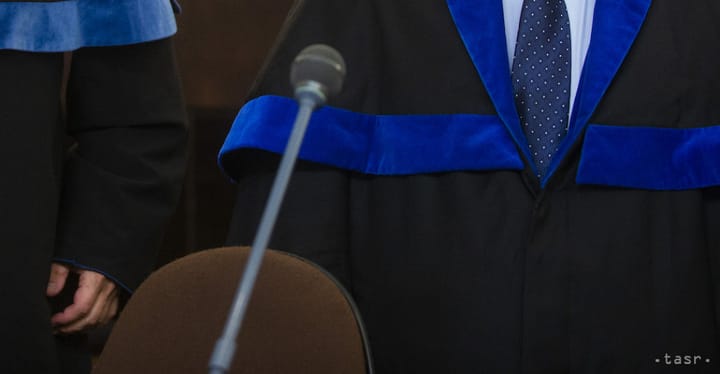Fico: Repression Must Take More Serious Role in Fighting Corruption

Bratislava, May 30 (TASR) – Prevention in terms of combating corruption needs to be accompanied more significantly with repression, stated Prime Minister Robert Fico (Smer-SD) at a seminar on corruption whistleblowers in Bratislava on Tuesday with Police President Tibor Gaspar in attendance.
Fico told the participants that stricter measures have to be taken in order to achieve the expected results in this area. “Repression has to play a more important role; repression that will be sufficiently covered by the media; repression that will be sufficiently discussed; repression that won’t leave anyone in peace,” said the premier during his anti-corruption speech, adding that it’s necessary to create a society in which people won’t be afraid to report corruption.
According to Gaspar, the police are trying to increase their activities in this area. “We’re hiring more people, modernising technology and the equipment we use. I don’t think we’re overlooking anything,” he said in response to Fico’s speech.
The seminar on corruption was attended by top state officials who are in charge of human resources. The Government Office expects them to come up with ideas on how to improve the status of corruption whistleblowers.
“We can’t allow those who show civil courage be the target of attacks, threats or radical inconvenience in their jobs and surroundings,” said Fico.
Representatives of the Organisation for Economic Cooperation and Development (OECD), who also took part in the seminar, are currently preparing a host of draft legislative changes for Slovakia that should increase the protection of whistleblowers.
According to the premier, the status of whistleblowers should be similar to that of witnesses in criminal proceedings.
Director of non-governmental organisation Transparency International Slovakia (TIS) Gabriel Sipos told the seminar that according to TIS’s latest survey on reporting corruption, people are mainly afraid of taking action for two main reasons. The first is the fear of losing their job and that someone will threaten them, while the second is that nothing will be changed or resolved in the end.
“It’s very important for people to feel that when they eventually summon up the courage and come to report something, it will bring some results and that the one that they are pointing the finger at will end up behind bars. Unfortunately, this is often not the case in Slovakia. There are shortcomings on the part of both the police and politicians that have the power to appoint and supervise people who investigate these cases,” said Sipos.



